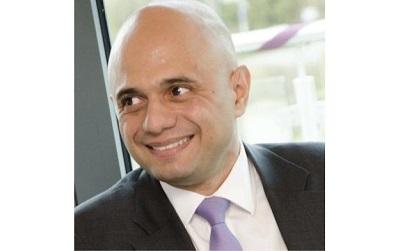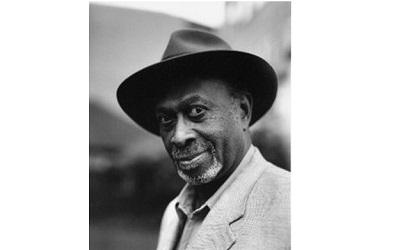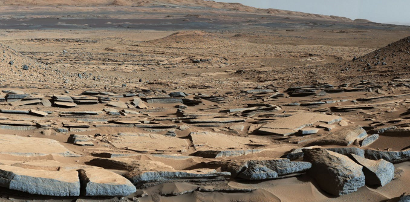News & articles
Day 93, Year of #Mygration: Identity, belonging, 'integration’ & xenophobia
'Ideas Lab' to explore identity, belonging, ‘integration’ & xenophobia in Milton Keynes and Wolverton

Day 92, Year of #Mygration: Global Migration Film Festival
Calling All Filmmakers! UN Migration Agency Launches Call for Submissions to 2018 Global Migration Film Festival
Day 91, Year of #Mygration: Family Arts & Culture Festival, Milton Keynes, Art in the Park
Celebrating the 10th Anniversary of Milton Keynes' Family Arts & Culture Festival, Art in the Park. This year, the event is being held at Willen Lake on 30th June, 1pm - 7pm

Day 90, Year of #Mygration: Six ways Sajid Javid can make British migration policy more humane
Lecturer in Politics and International Studies at The Open University, Tendayi Bloom, explores the six ways Sajid Javid can make British migration policy more humane

Day 89, Year of #Mygration: Windrush Dance
Following on from his piece on Windrush poetry, Professor Giles Mohan talks about The Phoenix Dance Theatre's latest production, 'Windrush: Movement of the People'. Giles looks at how the production explores the 'importance of these mobilities and their evolving legacies'.

Day 88, Year of #Mygration: Windrush poetry
In this short provocation, Professor Giles Mohan highlights the work of James Berry, used within OU teaching, to express the emotions of migration, 'the hopes, anxieties, sadness, opportunity, racism and much else besides'

Day 87, Year of #Mygration: 'Borders, Harms and Racisms'
This event brings together scholars, third sector workers, and people with direct experience of immigration controls and borders to examine the theme of border harms from different substantive angles and theoretical perspectives.

Plan to bring back rocks from Mars is our best bet for finding clues of past life
Sitting with 200 people at the International Mars Sample Return Conference in Berlin recently to discuss the feasibility of bringing samples back from Mars to Earth, I remember the first such conference in Paris ten years ago
Day 86, Year of #Mygration: Diversity, migrant entreprenuership and socio-economic inclusion
Written by Dr Cinzia Priola, Senior Lecturer at the Open University.
Day 85, Year of #Mygration: Making Sense of Migration in Northern Ireland in the light of Brexit
Written by Leslie Budd, Reader in Social Enterprise at the Open University.
Contact our news team
For all out of hours enquiries, please telephone +44 (0)7901 515891
Contact details